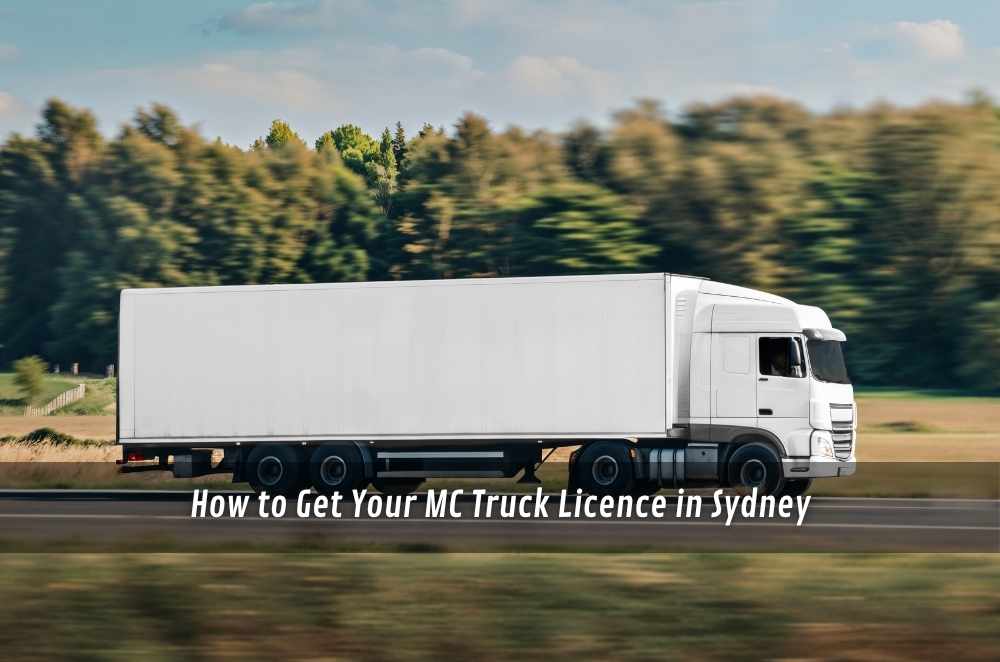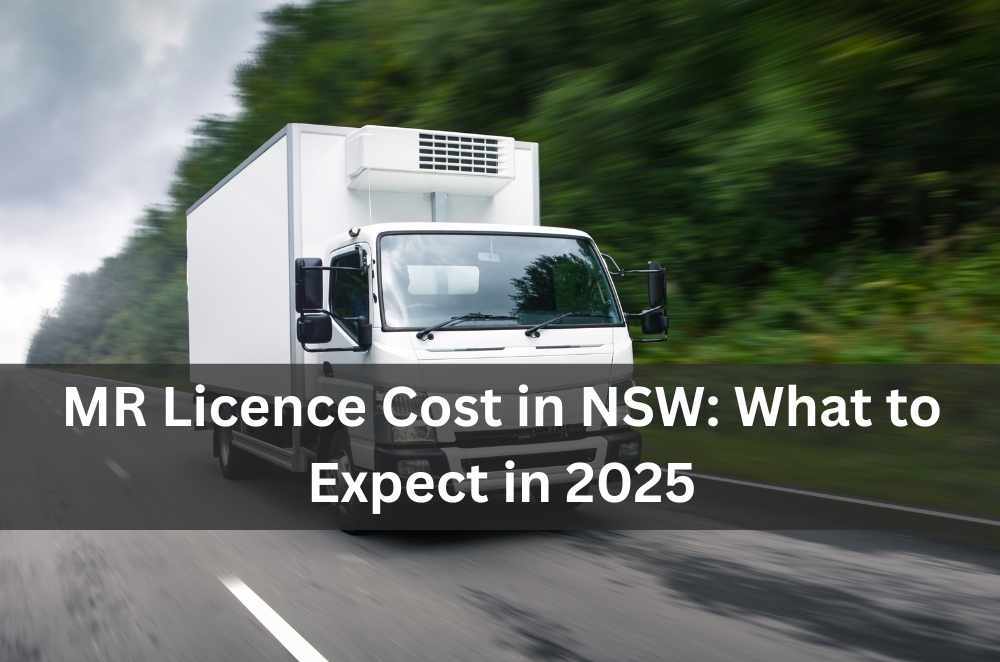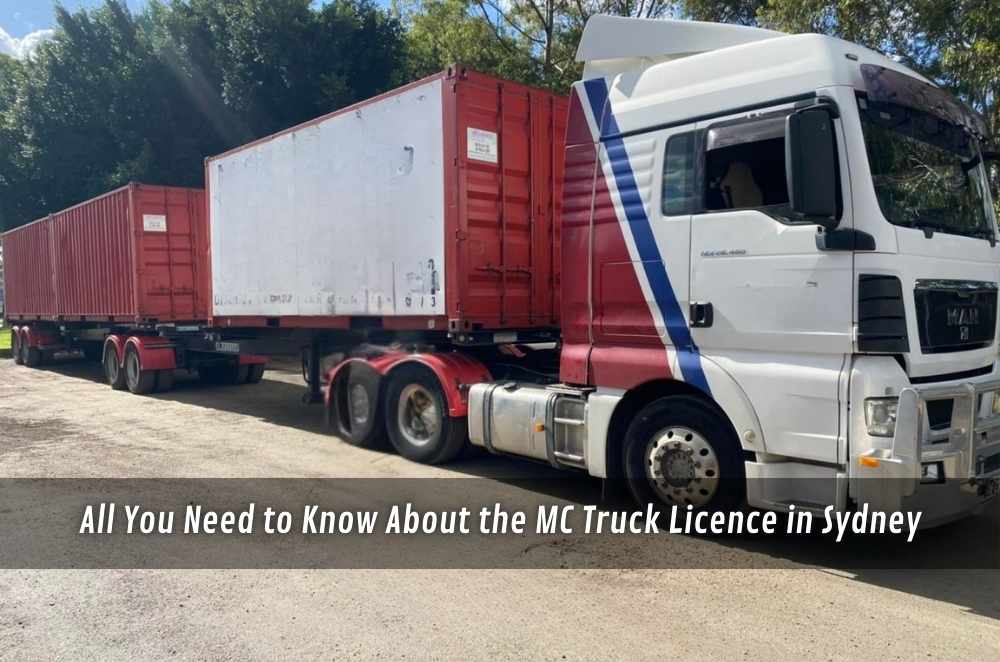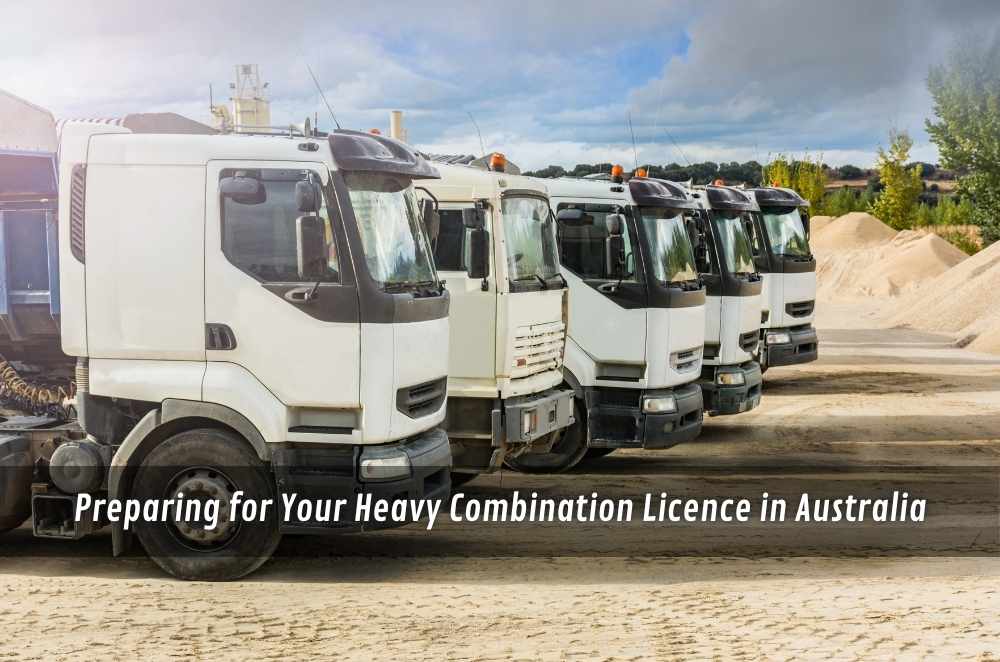
If you’re considering stepping up from a car licence to something more substantial, the LR (Light Rigid) licence is the gateway to bigger vehicles and broader job prospects. But before you can hit the road, you’ll need the proper guidance, because LR licence training is far from a tick-the-box exercise.
I remember my own nerves before my LR assessment. The rules felt stricter than a Sunday roast at my nan’s, and it seemed like everyone around me already knew what they were doing. That’s why choosing the right provider for your LR licence training can make all the difference. It’s not just about ticking a regulatory box—it’s about feeling genuinely prepared when you’re handed those keys.
Let’s dig into what you should consider when picking your training provider, so you’re not left guessing (or sweating buckets) on assessment day.
What defines a quality LR licence training provider?
Not all trainers are cut from the same cloth. Some focus on getting you through quickly, but the best ones set you up for real-world success. Here’s what to look for:
Accreditation: Check that the provider is officially recognised for the heavy vehicle licence process by government authorities.
Experienced instructors: You want trainers who know the local roads, common mistakes, and examiner expectations.
Flexible schedules: Life’s busy. The right provider offers weekend, evening, or even online theory options.
Modern vehicles: Training in up-to-date, well-maintained trucks makes a big difference to your confidence.
Clear communication: You should know exactly what’s involved before your first lesson, not halfway through.
When I was shopping around, I quickly learnt to ask for pass rates and actual testimonials. If a school’s cagey about those, it’s a red flag.
Questions to ask before booking your LR licence training

This isn’t a small investment of time or money. Here are some questions I wish I’d known to ask up front:
What’s included in the course fee? (Test fees, vehicle hire, learning materials?)
Are there extra costs for resits or weekend lessons?
How many training hours are provided, and are they flexible?
Can I book lessons with the same instructor each time?
What support is available if I struggle with a particular skill?
If the provider gets impatient or defensive when you ask these, it’s worth shopping around.
Why local experience and real-world training matter
Having a trainer who knows your area isn’t just convenient—it can be the difference between passing and failing. I got advice like, “Don’t roll back at those Parramatta lights,” and, “Watch the tight left turn on Victoria Road.” That stuff isn’t in the handbook. Your provider should prep you for the exact routes, quirks, and challenges you’ll face on test day.
And don’t underestimate the nerves factor. My trainer ran through the practical in a way that mimicked the real assessment, including a few deliberate distractions. When the real examiner did the same, I was ready well, as prepared as you can be when your leg’s shaking.
Compare LR licence training: Key review factors to check
No one wants to be someone’s guinea pig. Before you book, check independent reviews, not just what’s on the provider’s website. Look for:
Stories about first-time pass rates
Comments on the instructor's patience and clarity
Mentions of how challenges were handled
Feedback about support for nervous or mature-age drivers
A good provider won’t have a perfect record, but you’ll see a pattern of support and clear communication.
The process of applying for your LR licence in NSW
Once you’ve chosen your provider, the application process is pretty straightforward—but a bit of paperwork is involved. Here’s the nutshell version:
Eligibility check: Make sure you meet the basic requirements (age, car licence held for at least 12 months, etc.).
Book your course: Schedule theory and practical sessions with your chosen provider.
Theory test: Some schools offer in-house theory training. Others require you to complete it with Service NSW.
Practical assessment: This will be done in a real vehicle, often over local test routes.
Final paperwork: Once you pass, your provider will help you lodge documents with Service NSW.
What else should you know before signing up?
It’s easy to be tempted by the cheapest course, but a rushed job might mean you’re back to square one after failing the test. I’ve seen this happen to mates who just wanted the lowest price. Instead, invest in a course that sets you up for long-term success, especially if you’re considering driving bigger vehicles in the future.
Think about your learning style:
Do you need more hands-on practice, or do you prefer theory first?
If English isn’t your first language, ask if the provider offers support or materials in other languages.
Some providers even offer simulated assessments, which can be incredibly valuable.
Final thoughts: It’s about more than just passing
Choosing the right LR licence training provider means setting yourself up for success, not just to pass the test, but to drive safely and confidently in a larger vehicle. It’s important to take your time, ask plenty of questions, and trust your instincts. If a provider doesn’t feel right, don’t hesitate to keep searching. Getting my LR licence opened doors I never even knew existed, giving me more freedom and opportunities. With the right support, you’ll be amazed at how quickly you go from feeling nervous to completely natural behind the wheel. That’s how you earn your LR licence with confidence.






Write a comment ...